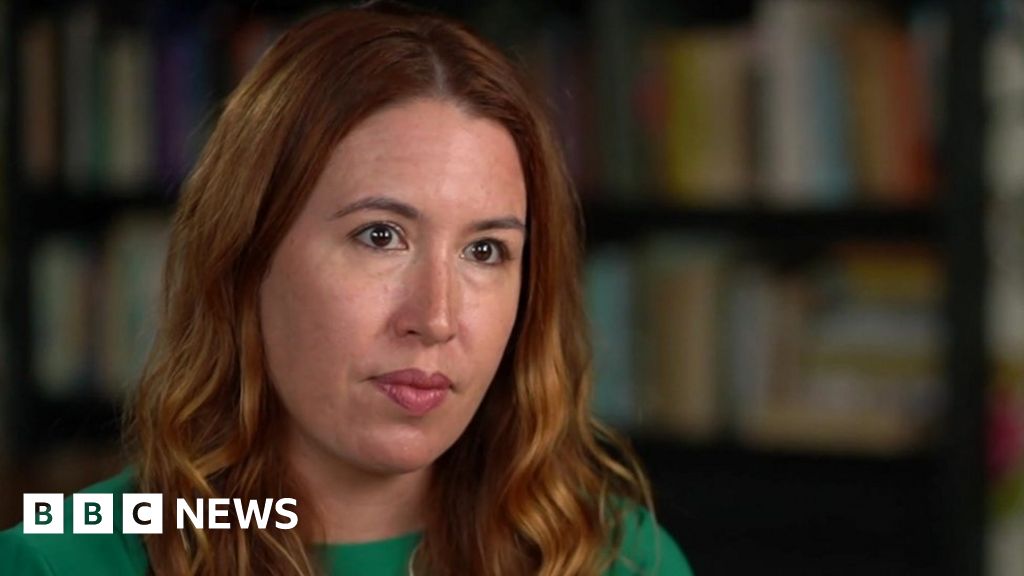A man has been sentenced for filming a naked woman in a hotel room while she was unconscious, following her five-year campaign for justice.
Christopher Killick, 40, recorded a 62-second clip of Emily Hunt in an east London hotel in 2015.
Prosecutors told Ms Hunt what he did was not illegal, until the law was clarified by the Court of Appeal.
Killick, who previously pleaded guilty to voyeurism, was given a 30-month community order and fined £2,000.
At a Stratford Magistrates’ Court hearing, he was also ordered to pay Ms Hunt £5,000 in compensation and put on the sexual offenders register for five years.
Ms Hunt, a New York-born former PR executive, said she had no recollection of how she ended up in the Town Hall Hotel in Bethnal Green in May 2015. She maintains she was drugged and raped.
Killick, from Brent, north-west London, was initially arrested on suspicion of rape, but police dropped the case due to a lack of evidence.
During the course of their investigation, officers discovered the video of Ms Hunt, which Killick told police he had filmed for his own sexual gratification.
On six separate occasions the Crown Prosecution Service (CPS) told Ms Hunt what had happened was not illegal.
But in January, judges considering a separate case at the Court of Appeal ruled that filming a partner during sex without their consent is voyeurism and Killick was subsequently charged.
In her victim impact statement, Ms Hunt told the court his actions “ruined my life” and the case had been “profoundly disturbing, debilitating and ultimately devastating”.
‘Complex area of law’
Speaking about her five-year battle for justice, Ms Hunt – who has waived her right to anonymity – told the BBC that the CPS had “behaved in an appalling manner”.
“Its just inexcusable. We deserve better, we deserve a criminal justice system and a prosecution service that believes that violent criminals belong in jail.”
She said that since January’s ruling she had been contacted about similar cases to hers, adding that now “somebody was taking this seriously from the beginning and treating the victim like a victim” that this was “the biggest win”.
A CPS spokesperson said: “We recognise the delays in bringing this case to court have had a lasting impact on the victim.
“This is a complex area of law, which was clarified for the first time in the Court of Appeal this year… the CPS does not make or decide the law; that is the remit of Parliament and the courts respectively.”
For more London news follow on Facebook, on Twitter, on Instagram and subscribe to our YouTube channel.
